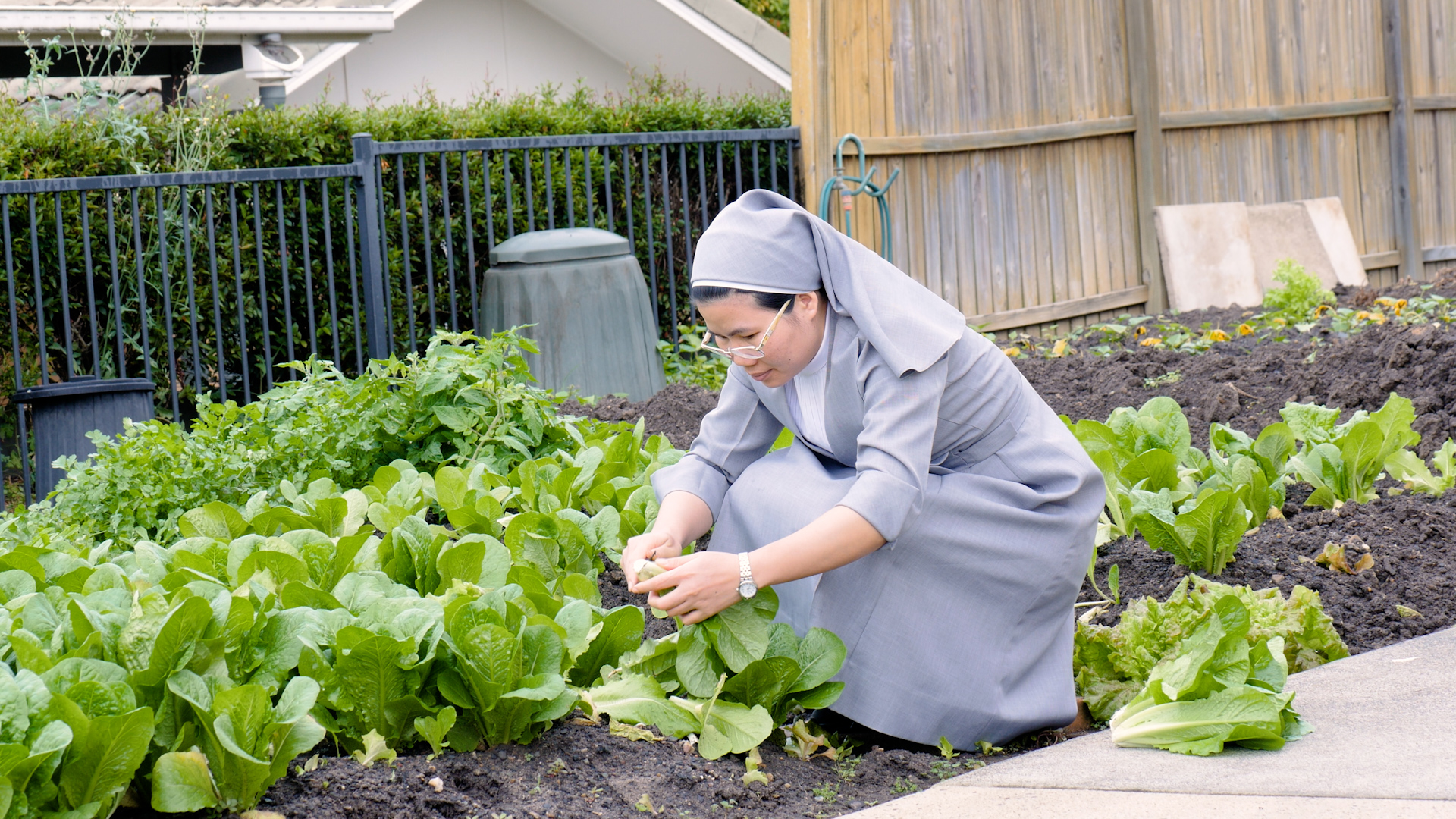Laudato Si – What is it?
In 2015, Pope Francis released his landmark encyclical Laudato Si – Care for Our Common Home. Translated from Latin, Laudato Si means “Praise be to you, My Lord.”
Caring for each other and our home here on earth is part of the work God calls us to do.
Brisbane Archdiocese Laudato Si Action Plan 2024–2026
Laudato Si calls us to embrace sustainability in the spirit of integral ecology. “With profound care for each other, our Creator, and all creation, we are building a better future together.”
Pope Francis urges Catholics to respond to both social and ecological crises. Laudato Si outlines seven goals, guiding the Church’s response to these challenges. These goals are designed to support a spiritual and cultural shift toward total sustainability, addressing political, social, economic, and environmental issues in an integrated way.
The agencies of the Archdiocese of Brisbane have collectively developed the Laudato Si Action Plans, demonstrating our ongoing commitment to Pope Francis’ vision, where “Christians… realise that their responsibility within creation, and their duty toward nature and the Creator, are an essential part of their faith” (#64). In 2022, the Archdiocese of Brisbane was the first diocese to launch a Laudato Si Action Plan, and now in 2024, we have relaunched our latest plan.
Implementing of our Laudato Si Action Plan
Modern Slavery Toolkit
Our Modern Slavery Toolkit is an important action as a part of Goal 2 of our Laudato Si Action Plan – Response to the Cry of the Poor.
The toolkit is a resource helps parishes and communities understand modern slavery, identify its presence, and take action against it. Developed in collaboration with the Australasian Catholic Anti-Slavery Network, the toolkit supports Pope Francis’ call for immediate measures to eradicate forced labour, modern slavery, and human trafficking, aligning with the United Nations Sustainable Development Goals.
What is an Encyclical?
Encyclicals are open letters from the Pope to Catholics worldwide, but they are also addressed to all people of goodwill, inviting them to reflect on the ideas presented. Grounded in the Gospels and the Church’s Tradition, Papal encyclicals offer guidance on relevant issues for the faithful.
Previous Popes have written encyclicals on a wide range of topics, from the study of Scripture (Leo XIII, 1893) to the dignity of humanity and redemption in Christ (John Paul II, 1979). Encyclicals often respond to societal shifts, such as industrialisation and secularisation, addressing questions raised by social movements. For example, Leo XIII addressed workers’ rights in an increasingly mechanised world (1891), John XXIII called for peace after World War II (1963), and Benedict XVI responded to the global financial crisis (2009). These teachings form a significant part of what is now known as Catholic Social Teaching.
